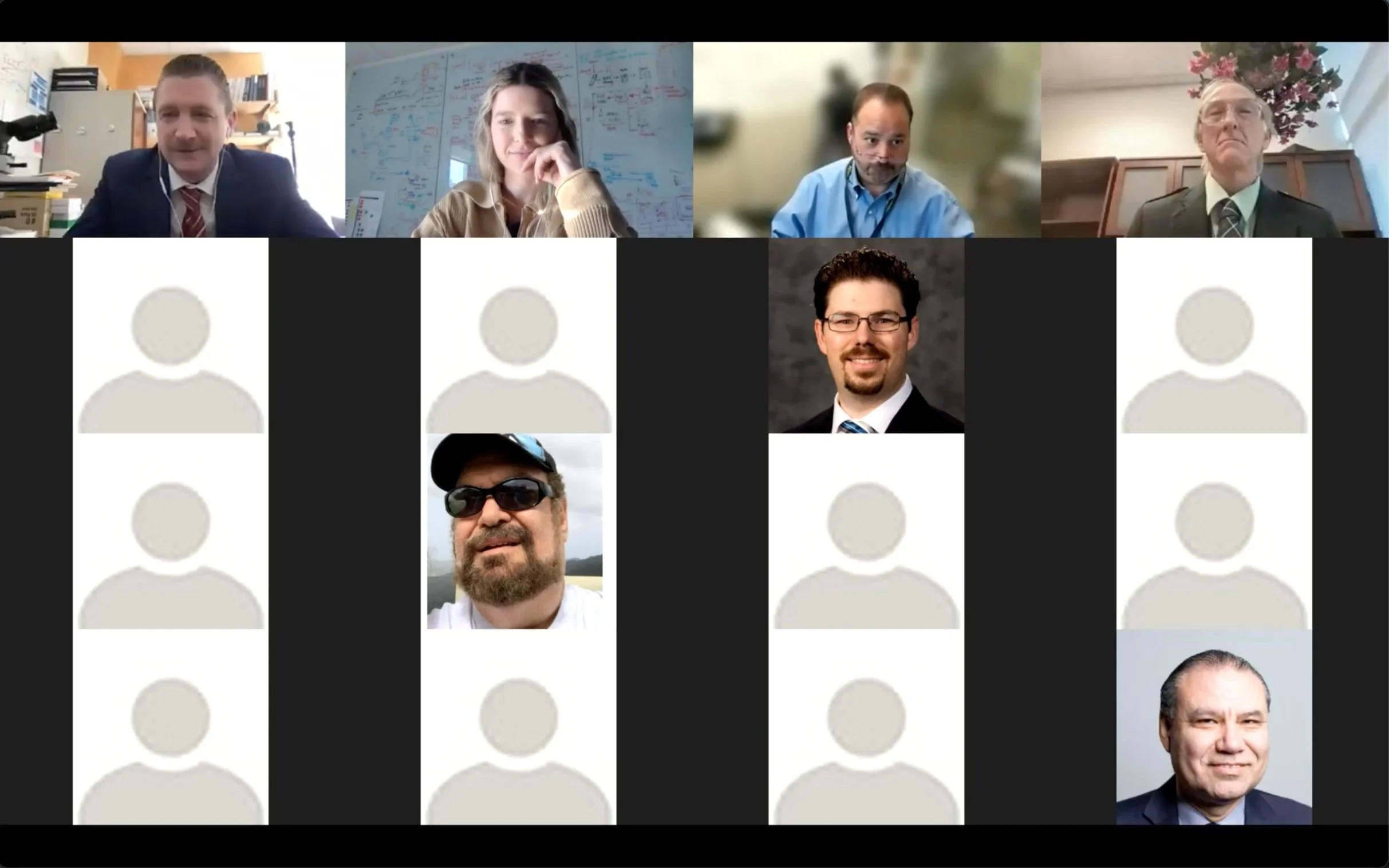CLIA Waiver* Project
Continued Enforcement Discretion For Remote Review
*The term “CLIA waiver” now belongs to the jargon for remote review during the public health emergency; however, the term ‘waiver’ is inaccurate. CMS (and the CLIA program) are unable to approve so-called “section 1135 waiver requests”. The section 1135 waiver authority is only applicable to specified programs (or penalties) authorized by the Social Security Act (SSA). The CLIA program does not fall into this category of programs.
This small detail above* illustrates that the topic of enforcement discretion for remote review during the public health emergency is filled with misunderstandings; here we attempt to provide an overview of the regulatory complexities. The key aim is to clarify the regulatory context.
Over the course of 3 (possibly more) meetings we aim to provide an outline of relevant topics and try to address key gaps by outlining approaches to produce data or answer remaining questions using regulatory science approaches
Planned are 3 meetings:
Regulatory context. Status change during the PHE, specific changes in place today; i.e., the basis for current practice and what this means. Plan structure and format for second meeting including solicitation of practice pattern (brief survey)
Review of current practice. Participants will describe examples of current practices - review and open discussion regarding current state, benefits, and risks
Future state(s). from regulatory deviations to concrete proposals. Consider summary statement, open letter or commentary.
Session 1 - December 9, 2021
Session 2 - December 16, 2021
Watch the recording of the session.
Session 3 - December 17, 2021
Watch the recording of the session.
Additional content coming soon.
Background: During the public health emergency, numerous regulatory changes were put in place to optimize the response of America’s clinical laboratories and to ensure patient health and safety. As part of several critical steps, CMS issues a memorandum (not a waiver) to provide important guidance for CLIA laboratories during the review of pathology slides.
Point 1: On 3/26/2020 CMS issued a memorandum (QSO020-21-CLIA) to laboratory surveyors to provide important guidance to surveyors and laboratories during the COVID-19 public health emergency. Note that among the primary addressants of the memorandum are the surveyors of laboratories. This becomes important for the specific elements of the enforcement discretion.
Point 2: The guidance provided in the memorandum is applicable only during the COVID-19 public health emergency. In addition, laboratories need to also follow any State laws governing laboratories, which may be more stringent than CLIA (e.g., NYState).
Regarding remote review of pathology slides – what is the current guidance stating?
“…we [CMS] are exercising enforcement discretion to ensure pathologists may review pathology slides remotely…”
Specifically (and as exercise in prior public health emergencies), “we [CMS] will not enforce the requirement to have a separate certificate for laboratories that are located at a temporary testing site, provided that the designated primary site or home base has such a certificate…”
The memorandum provides the 5 criteria that must be met to utilize temporary test sites.
1. Basic rule (Applicability)[1] referring Section 353 of Public Health Service Act[2],[3]
2. 42 CFR §493.1105(a)(7) = Retention requirements[4]
3. Equipment/supplies/reagents not kept at temporary site
4. Compliance with federal law including HIPAA[5]
5. §493.1251 written procedure manual[6]
Of note, the guidance does not apply to pathologists who have already obtained CLIA certificates for homes or other sites
References
[1] https://www.law.cornell.edu/cfr/text/42/493.3
[2] https://www.cdc.gov/cliac/docs/addenda/cliac0910/Addendum-C_Yost.pdf
[3] https://pubmed.ncbi.nlm.nih.gov/10120445/
[4] https://www.ecfr.gov/current/title-42/chapter-IV/subchapter-G/part-493/subpart-J/section-493.1105





